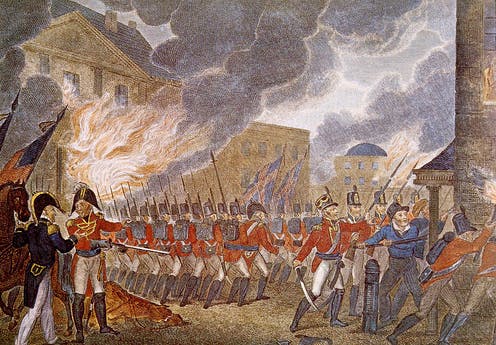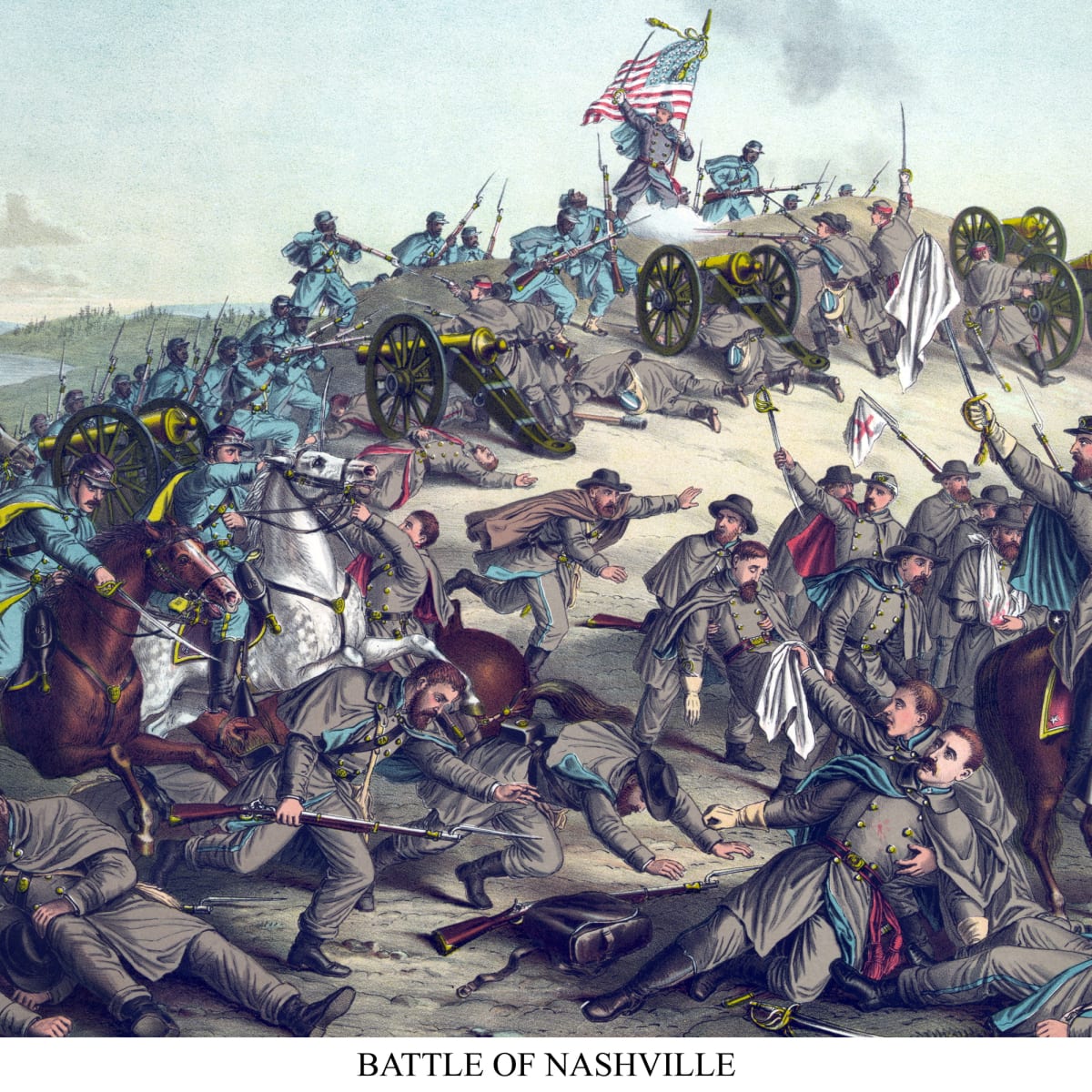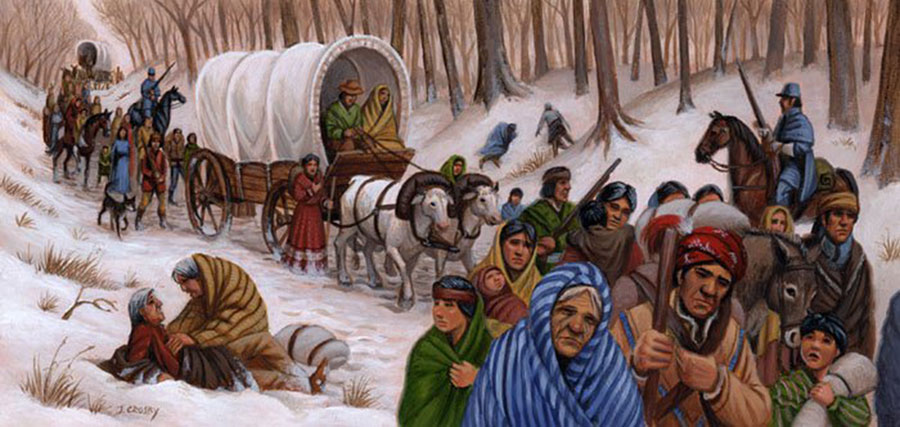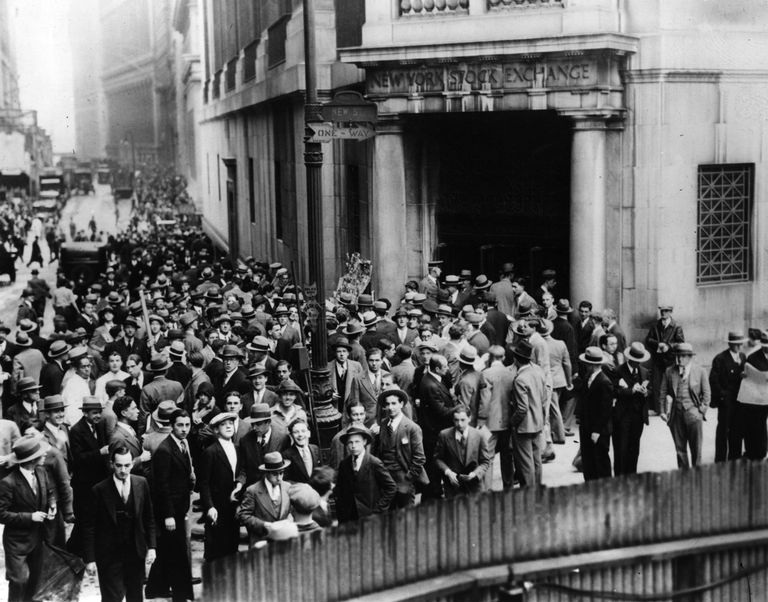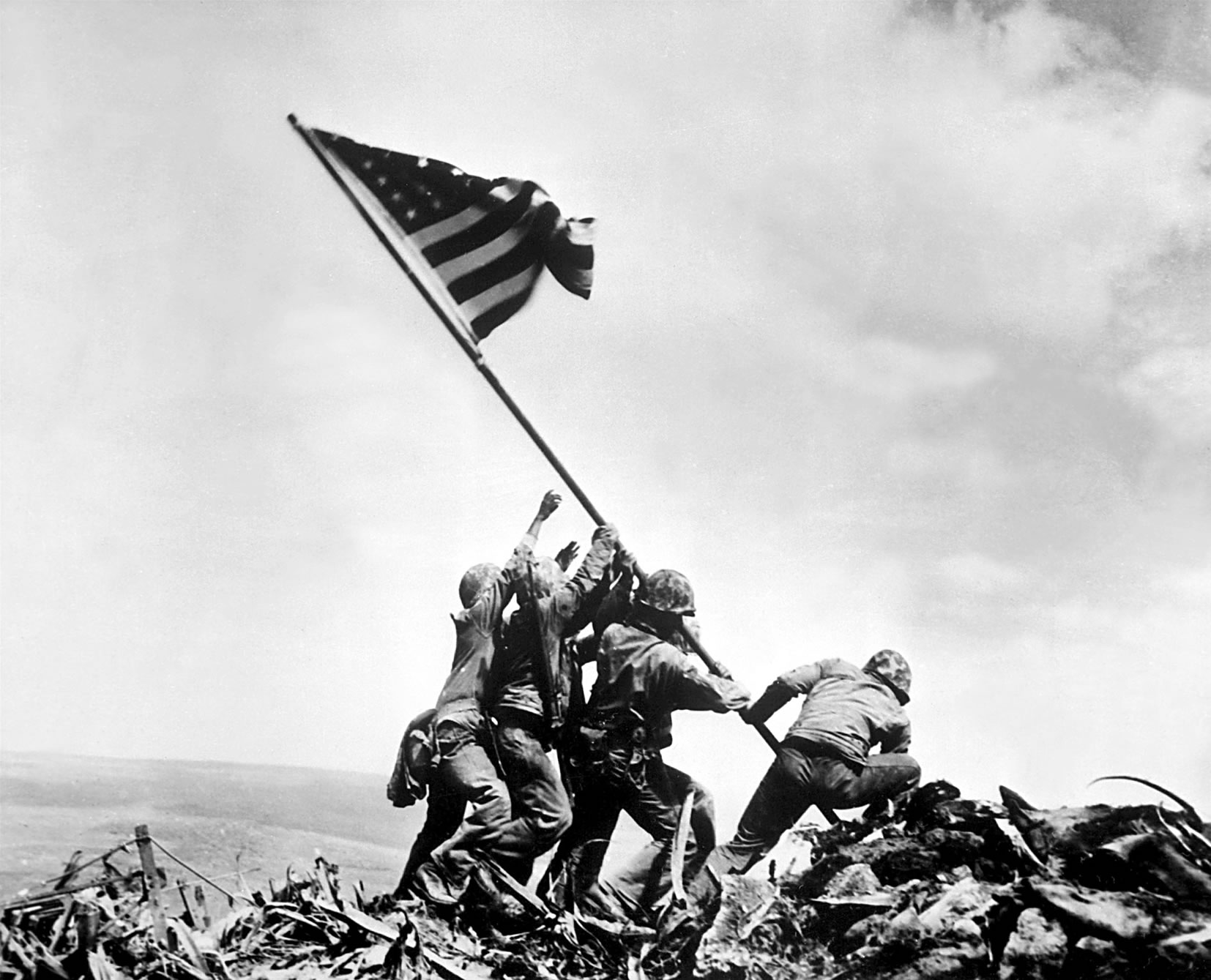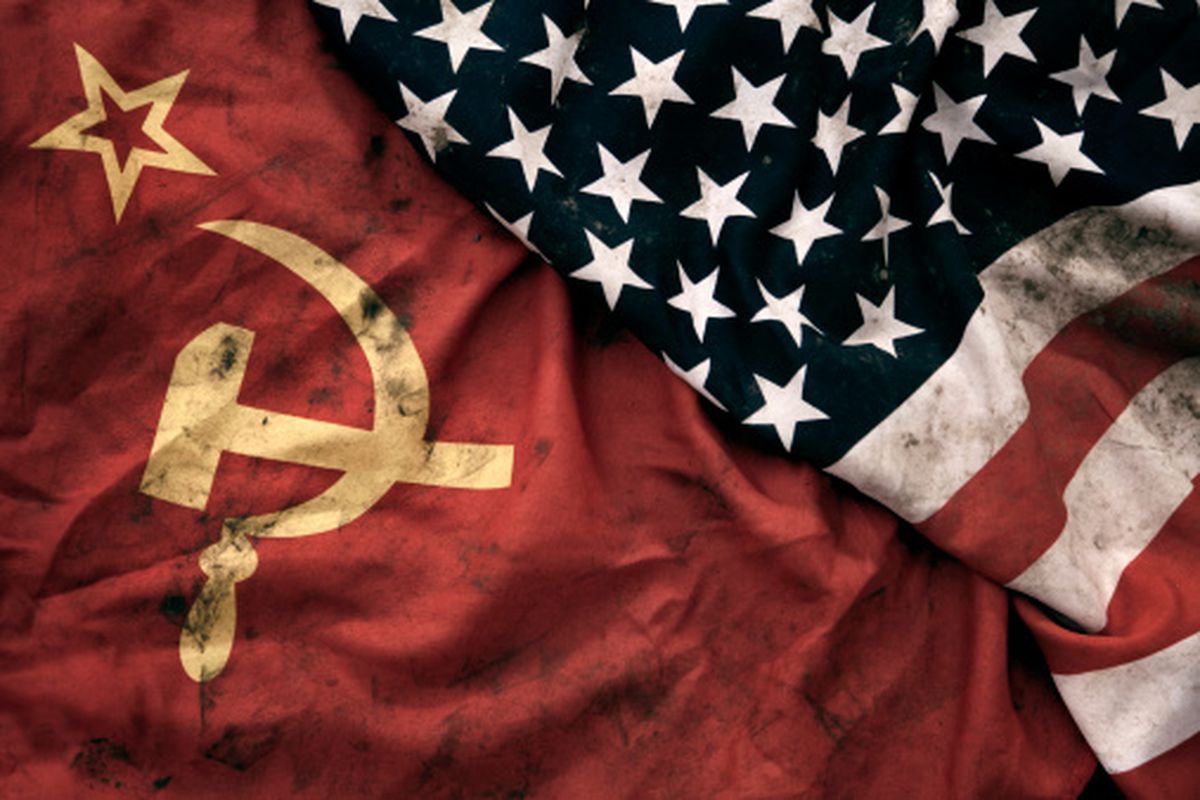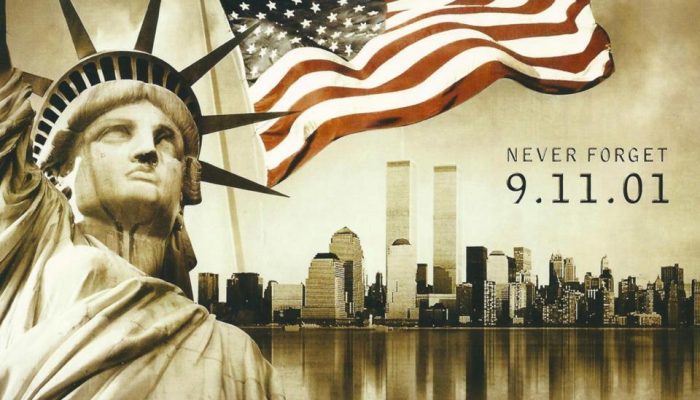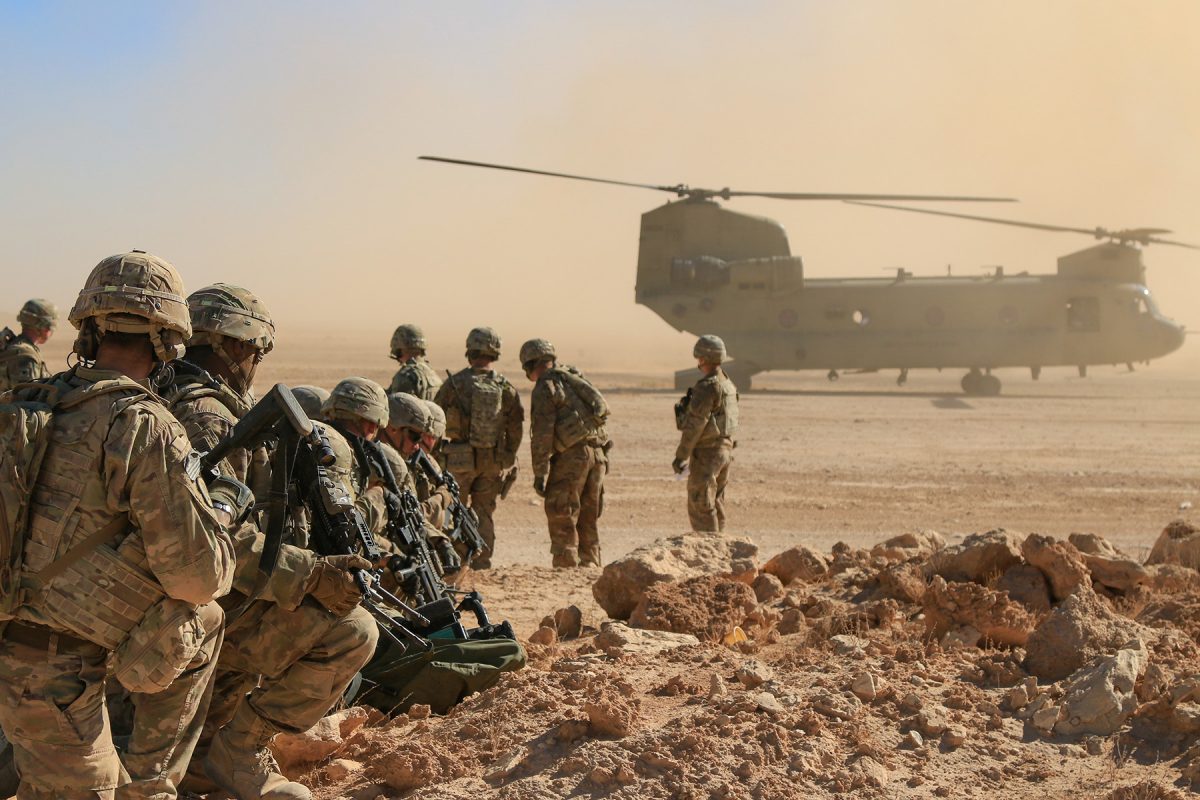Creation of the First Dynasty
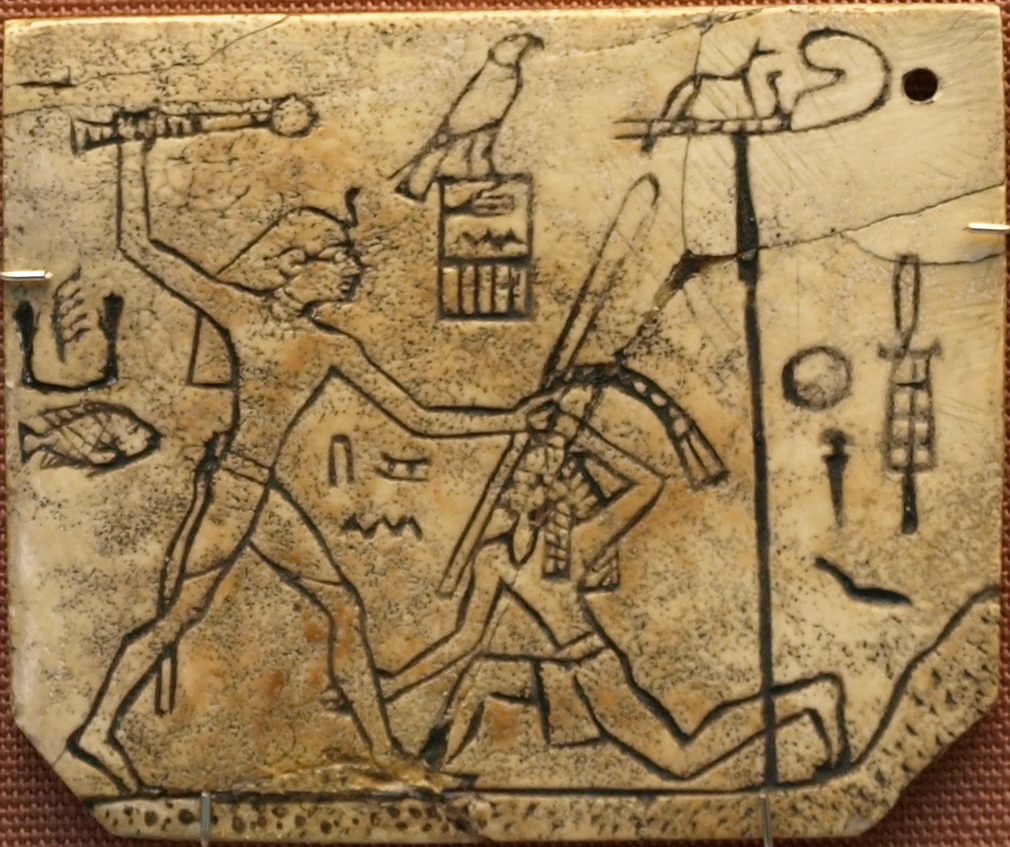
The creation of the first dynasty under Menes around 3000 BC is the beginning of an empire. During this period, hieroglyphics begin to appear as society begins to become organized in Egypt.
Pyramids of the Old Kingdom
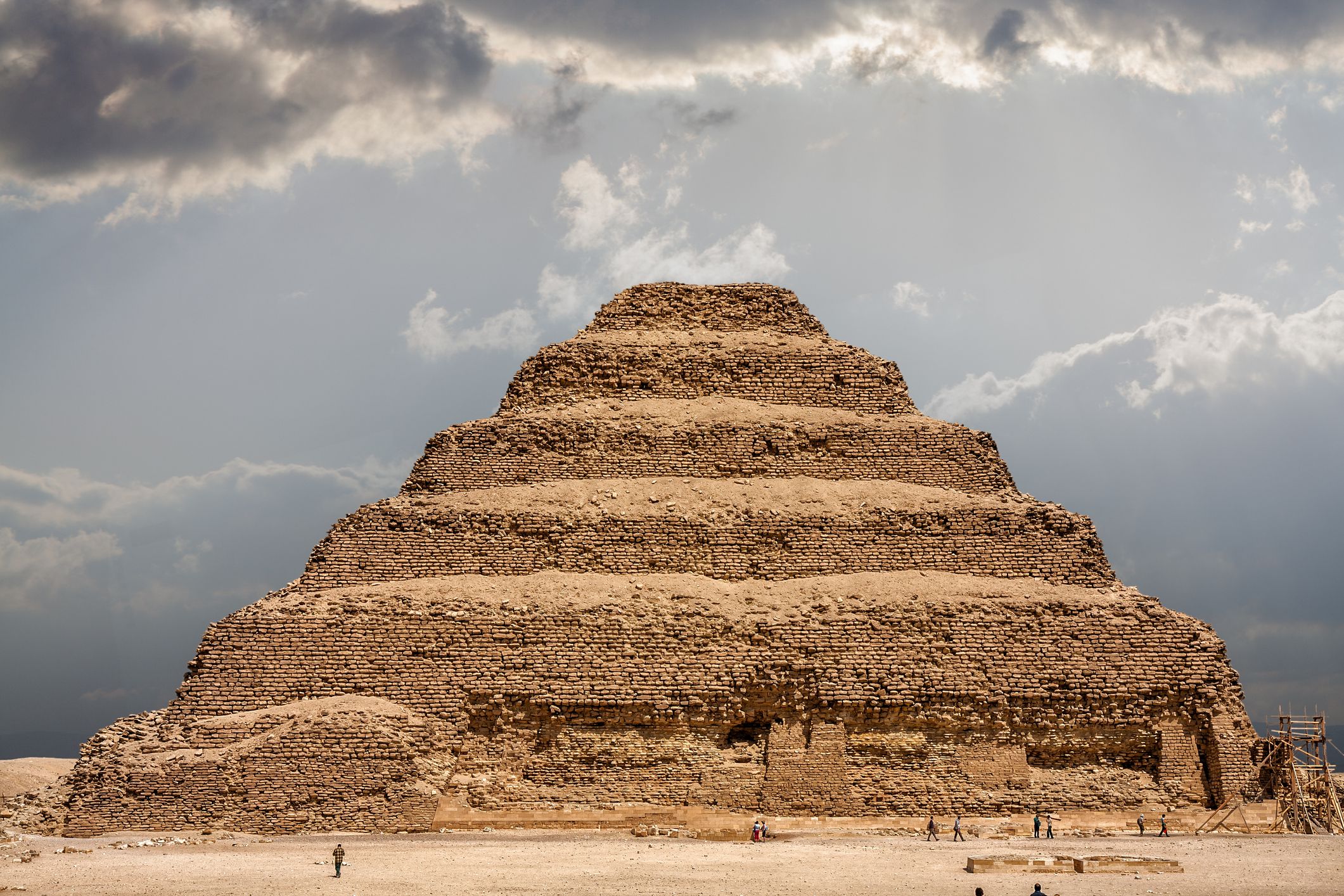
The first pyramids appeared during the Old Kingdom around 2780-2040 BC during the third and fourth dynasties. These Pyramids, such as Saqqara and Giza are significant because they were the first landmarks that would later become a staple of Egyptian culture and identity.
New Kingdom

The New Kingdom of Egypt spans from 1540-1100 BC and marks a period in ancient Egyptian history with peace and prosperity. It is also the Age of the great Pharaohs who led Egypt.
Age of Invasions
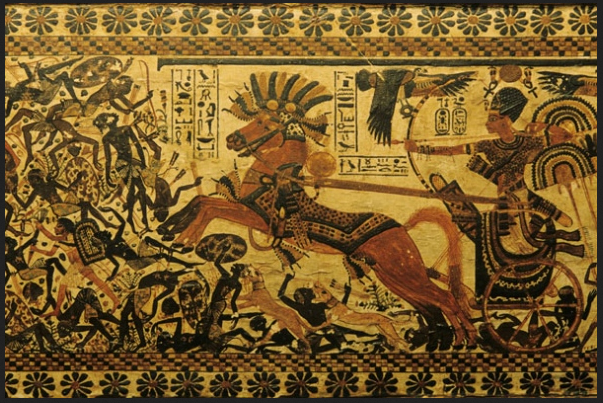
The period between 1100-332 BC was a period of invasion and foreign occupation of Egypt. Persian, Assyrian, Greek, and Libyan invasions shaped the future of Egypt. They were exposed to other cultures and peoples through these invasions. It was also a trying time full of conflict and uncertainty.
Reign of Cleopatra

Cleopatra is one of the most well-known figures in Egyptian history. During her reign, she had relationships with the most influential men in the world in Rome’s Julius Caesar and Mark Antony. During her reign, she established Egypt as a world power, however, her death in 30 BC and the ensuing Roman invasion marked the end of the Pharaohs in Egypt.
Crusades in Egypt

Crusaders invaded Egypt from 1154-1169 during Fatimid Egypt. The crusaders were repulsed as Egypt prevailed in defense of their land. This led to Saladin becoming Sultan in 1171 and the inevitable defeat of the crusader states in Jerusalem.
Ottoman Period
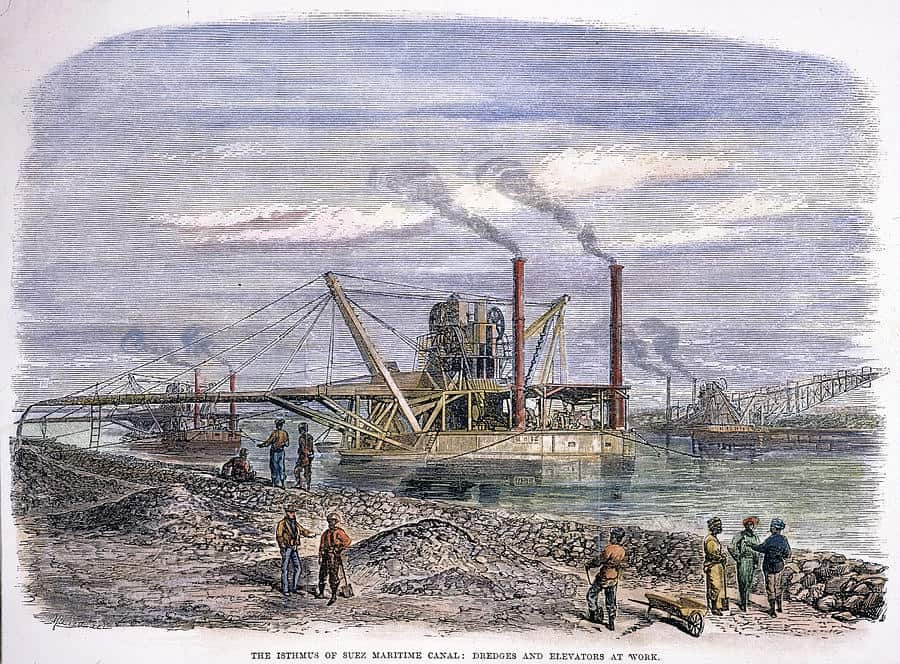
Egypt was ruled under the Ottoman Empire out of Istanbul Turkey from 1517-1914. During this period, the Suez canal is built making Egypt become the lifeline between the Meditteranean and the Red Sea, opening up trade and influence.
British Protectorate
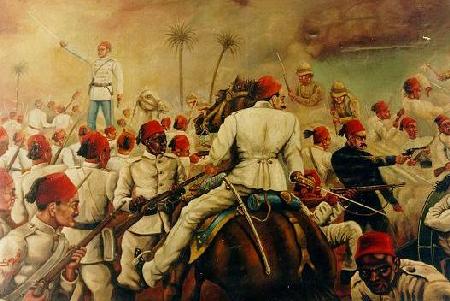
From 1914-1952 Egypt was under British control. During this period, Egypt was under the subject of British imperialism and despite being declared independent in 1922, Britain continued to control the country. Eventually, Egypt would gradually come out of British control, and national identity is established.
Six-Day War
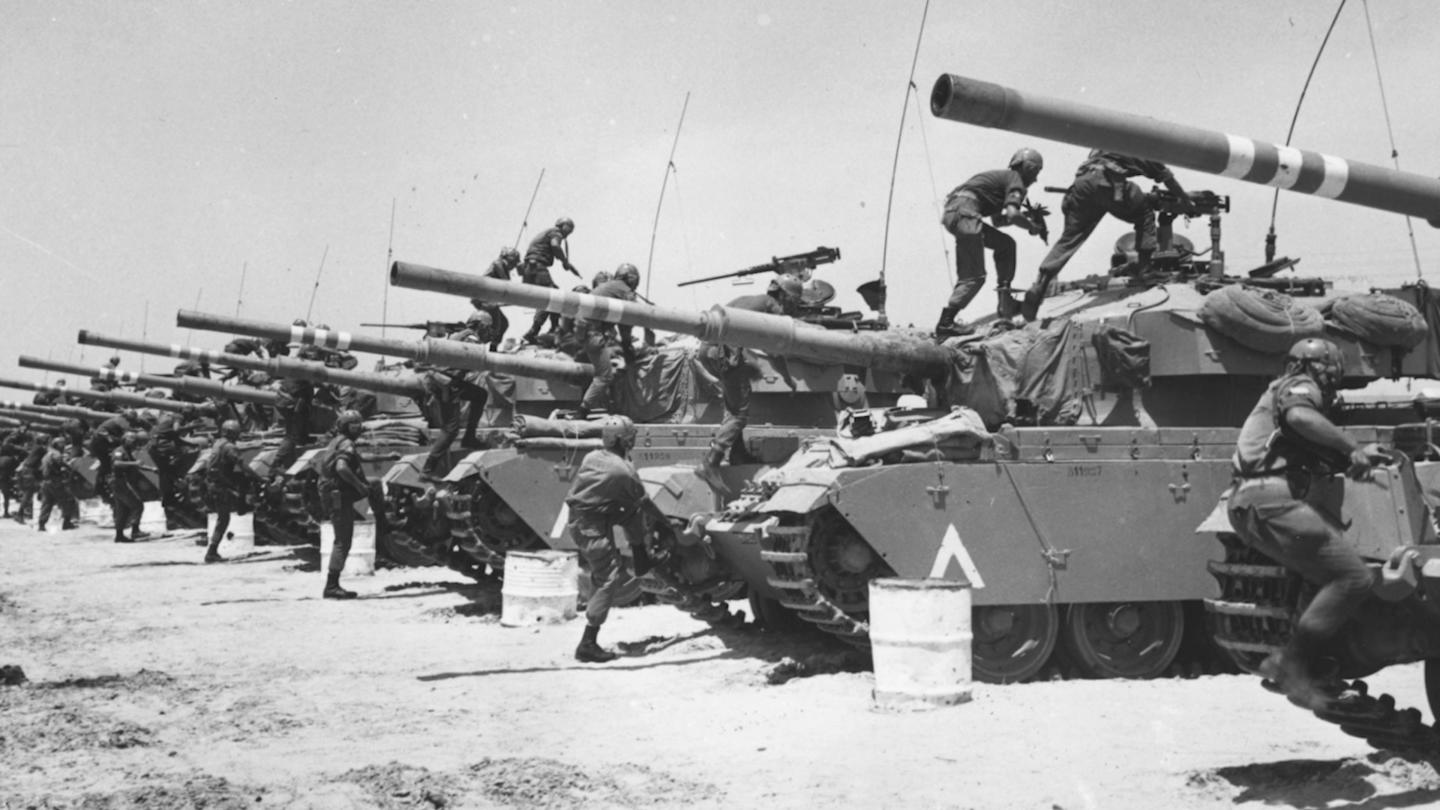
Fought in 1967 between Israel and Egypt, the war served as a major feud between the two nations that continues to this day. Israel invaded and captured the Sinai Peninsula and served as a humiliation for Egypt.
1979 Peacy Treaty
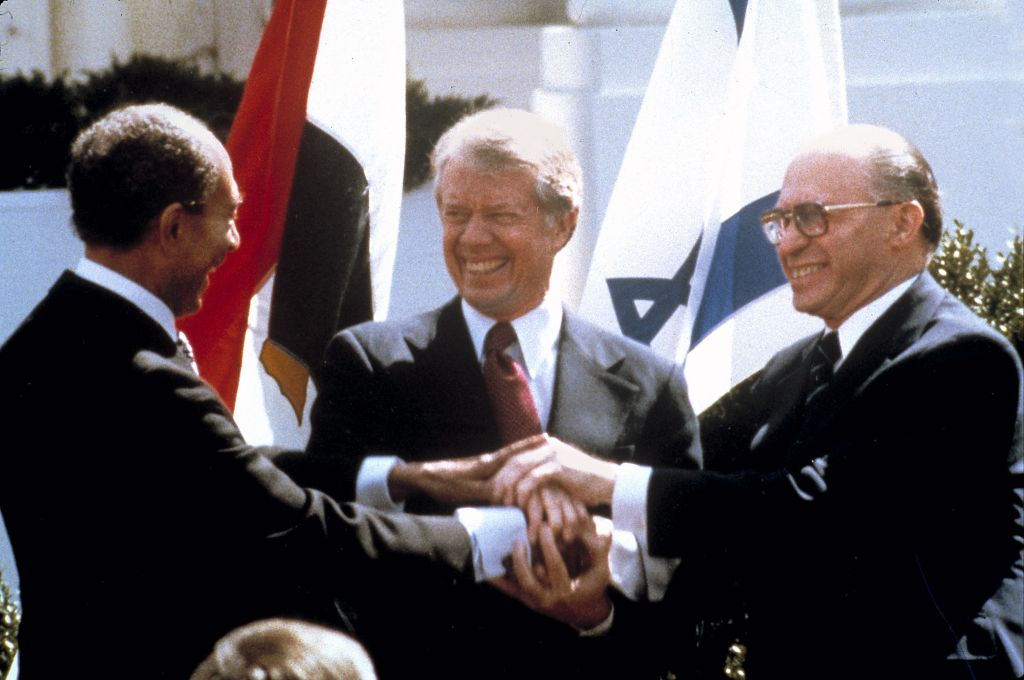
The peach treaty was the first reconciliation between Israel and Egypt signed by Sadat. The treaty gave Egypt control on the Sinai Peninsula. Sadat was recognized with the Nobel Peace Prize and was hailed a hero by the west, however he angered his fellow Arab Nations.
Assassination of Sadat
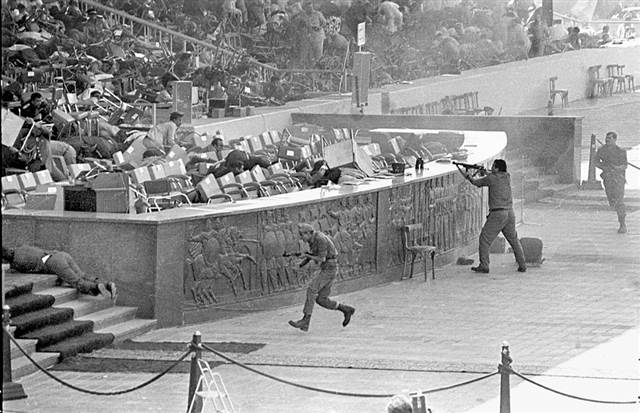
Sadat, the signer of the Peace Treaty in 1979, was assassinated by a radical Islamist group in 1981. His death marks the end of good relations between Egypt and Israel as tensions began to increase again after his death.
Egyptian Revolution of 2011

Revolution in 2011 ended the corrupt reign of Mubarak and the start of democracy in Egypt. Mubarak stepped down as a result of the protests and the first-ever fully democratic election took place with the victory of Mohammad Morsi. Morsi, however, was quickly overthrown and died while awaiting trial in Egypt.


